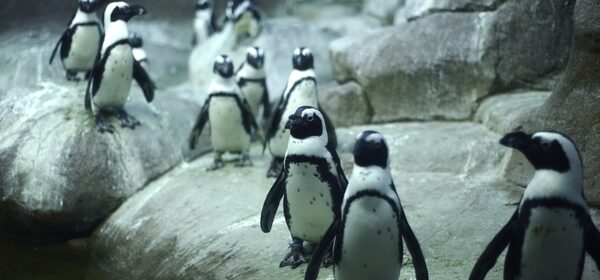Wildlife In Danger – Bird Flu Reaches Arctic Region

The H5N1 bird flu has been found to have made it’s way to Antarctica. This could cause widespread health concerns for the penguins and seals that populate the Arctic region and have never come in contact with the deadly H5N1 virus before. Concerns have been raised among the scientific community over the possibility of breeding failures within the region’s avian populations.
The virus was detected in the bird species known as brown skua on Bird Island, which is part of the British overseas territory of South Georgia and the South Sandwich Islands. It is believed that brown skua most likely carried it over from South America where avian flu is widespread and has already affected over 500,000 birds and approximately 20,000 sea lions in Chile and Peru alone.
The current variant of the H5N1 bird flu was first discovered in 2021, is estimated to have already killed millions of wild birds. Researchers have worried about its potential impact on Antarctic wildlife, as many species are found nowhere else in the world, and are not known to have been exposed to bird flu viruses before.
Researchers are continuing to monitor the various avian species on Bird Island, but they are unsure of the full impact at the moment.
Bird Island is known as one of the planet’s richest wildlife locations, and home to many endangered bird species. Over 50,000 pairs of breeding penguins and 65,000 pairs of fur seals inhabit the island which is located just off the northwest tip of South Georgia, about 600 miles southeast of the Falkland Islands.
The impact of bird flu reaching the continent, as assessed by the Scientific Committee on Antarctic Research, have concluded thet fur seals, sea lions, skuas and gulls were the most likely species at risk to contract the N5H1 bird flu, followed by penguins, birds of prey, sheath bills and giant petrels.
Scientists at the Antarctic Wildlife Health Network have concluded that the disease could result in “catastrophic breeding failure” in the region, with a “devastating impact on many wildlife species”. They plan to establish ongoing disease surveillance efforts to identify new and emerging pathogens.
Much of the research involving animal handling on Bird Island has been suspended due to the detection of the H5N1 avian flu. The researchers will have to be extra vigilant in their ongoing work on the island.
It has been discovered that some seabirds have developed an immunity to the virus, which gives positive hope to researchers and scientists involved in the ongoing research.

 Print
Print